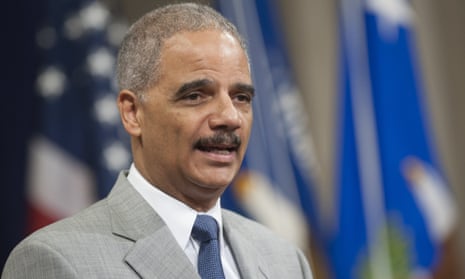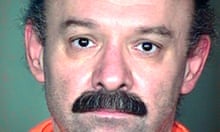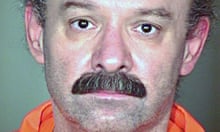Speaking out for the first time since a botched execution in Oklahoma led to a Justice Department investigation, the US attorney general, Eric Holder, said on Thursday that death-row inmates should have the right to know what drugs the state is using to put them to death.
Holder told Gwen Ifill on PBS NewsHour that he is “greatly troubled” by the series of prolonged executions carried out in the US states of Ohio, Oklahoma and most recently Arizona.
For the state to exercise that greatest of all powers, to end a human life, it seems to me, just on a personal level, that transparency would be a good thing, and to share the information about what chemicals are being used, what drugs are being used,” Holder said during the interview.
Faced with boycotts from drug providers, state prison officials have been scrambling to find new drugs, leading to the use of untried and untested drug cocktails to administer the death penalty.
The execution of Joseph Wood in Arizona, which left the convicted killer “gasping and snorting” for two hours as the state put him to death, is the third botched delivery of capital punishment this year. The first incident was the 26-minute execution of Dennis McGuire in Ohio in January, followed by the 43-minute execution of Clayton Lockett in Oklahoma in April.
Capital punishment is legal in 32 US states, and there are currently more than 3,000 inmates on death row awaiting execution.
The botched executions by the states have prompted a federal review of the death penalty and how it is imposed.
The last execution carried out by the US federal government was in 2003, when a Gulf war veteran was put to death for the rape and murder of an army private on a Texas military base.
“It is the most serious thing that I do as attorney general,” Holder said. “I have to make determinations about when we will seek the death penalty. And I have done that as attorney general. Even though I am personally opposed to the death penalty, as attorney general, I have to enforce federal law.”
Federal prosecutors have said they will seek the death penalty against accused Boston marathon bomber Dzhokhar Tsarnaev. His trial is set for November.








Comments (…)
Sign in or create your Guardian account to join the discussion